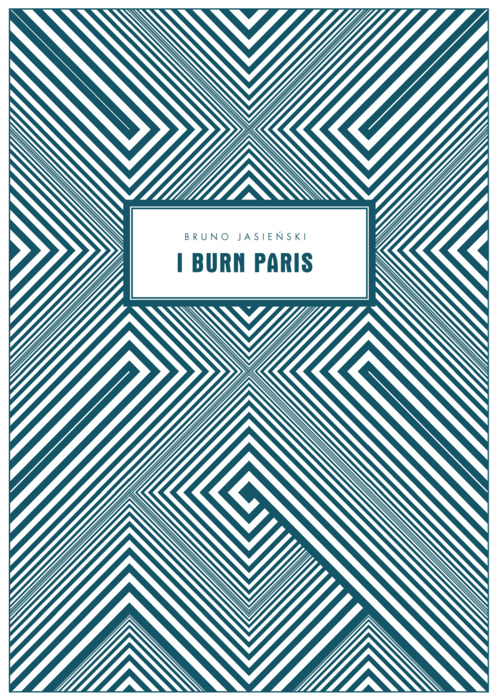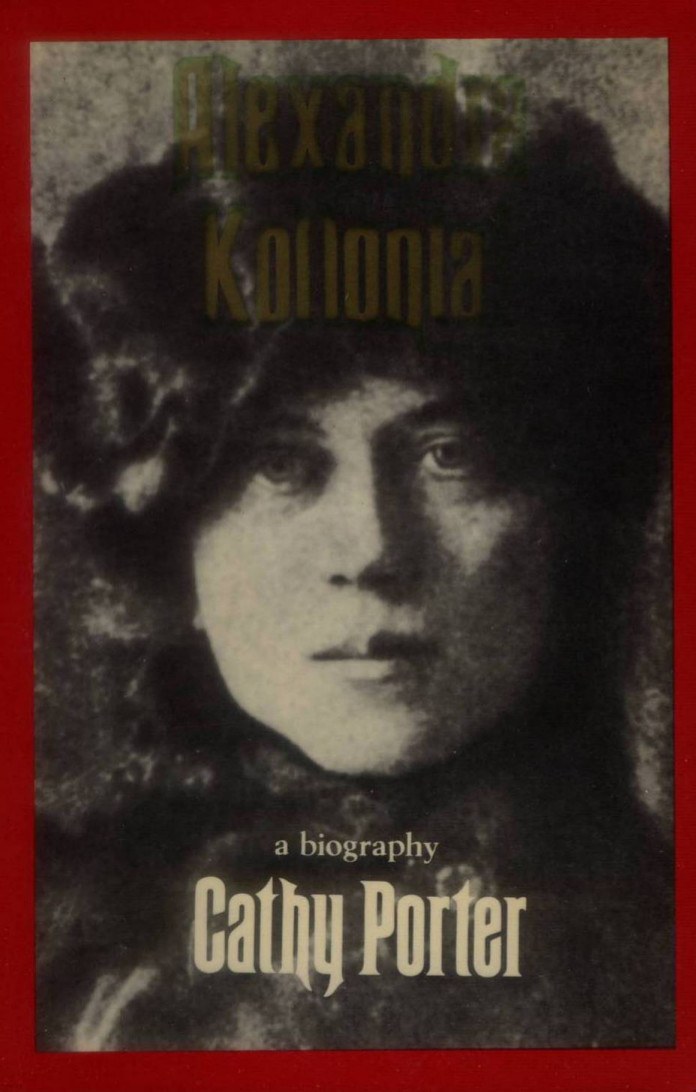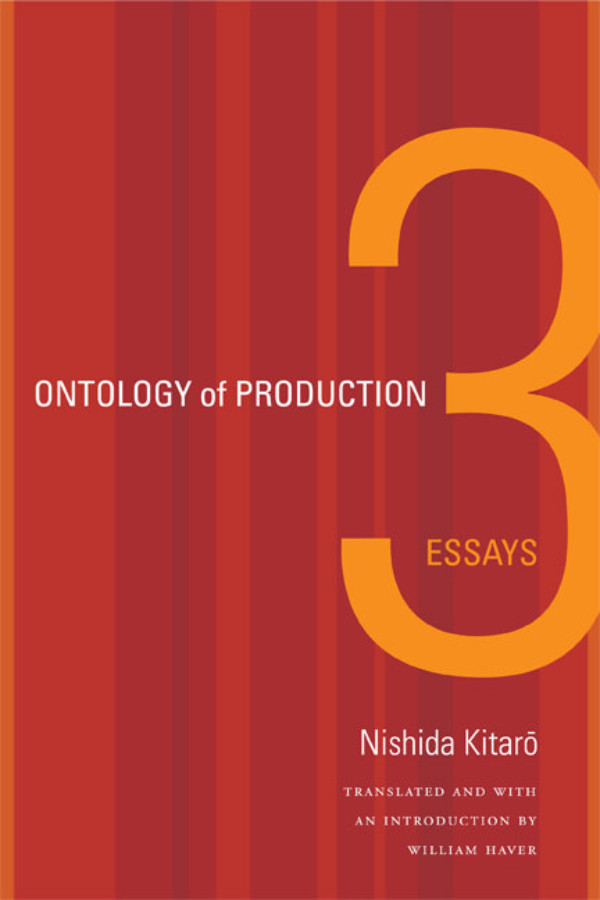Bruno Jasieński: I Burn Paris (1928–) [PL, EN, ES]
Filed under fiction | Tags: · avant-garde, catastrophe, communism, futurism, marxism

I Burn Paris has remained one of Poland’s most uncomfortable masterstrokes of literature since its initial and controversial serialization by Henri Barbusse in 1928 in L’Humanité (for which Jasieński was deported for disseminating subversive literature). It tells the story of a disgruntled factory worker who, finding himself on the streets, takes the opportunity to poison Paris’s water supply. With the deaths piling up, we encounter Chinese communists, rabbis, disillusioned scientists, embittered Russian émigrés, French communards and royalists, American millionaires and a host of others as the city sections off into ethnic enclaves and everyone plots their route of escape. At the heart of the cosmopolitan city is a deep-rooted xenophobia and hatred — the one thread that binds all these groups together. As Paris is brought to ruin, Jasienski issues a rallying cry to the downtrodden of the world, mixing strains of “The Internationale” with a broadcast of popular music.
With its montage strategies reminiscent of early avant-garde cinema and fist-to-the-gut metaphors, I Burn Paris has lost none of its vitality and vigor. Ruthlessly dissecting various utopian fantasies, Jasienski is out to disorient, and he has a seemingly limitless ability to transform the Parisian landscape into the product of disease-addled minds. An exquisite example of literary Futurism and Catastrophism, the novel presents a filthy, degenerated world where factories and machines have replaced the human and economic relationships have turned just about everyone into a prostitute. Yet rather than cliché and simplistic propaganda, there is an immediacy to the writing, and the modern metropolis is starkly depicted as only superficially cosmopolitan, as hostile and animalistic at its core.
This English translation of I Burn Paris fills a major gap in the availability of works from the interwar Polish avant-garde, an artistic phenomenon receiving growing attention with recent publications such as Caviar and Ashes.
First serialized in French as “Je brûle Paris” in L’Humanité in 1928.
Polish edition
Publisher Towarzystwo Wydawnicze “Rój”, Warsaw, 1929
English edition
Translated by Soren A. Gauger and Marcin Piekoszewski
With an Afterword by Soren Gauger
Publisher Twisted Spoon Press, Prague, 2012
ISBN 9788086264370
309 pages
Review (Benjamin Noys, Mute)
Review (M.A.Orthofer, The Complete Review)
Review (Isla Badenoch, Article Magazine)
Commentary (Nina Kolesnikoff, 1982)
Wikipedia (in Polish)
Publisher (EN)
Google books (EN)
Palę Paryż (Polish, 1929, HTML), Alt link
I Burn Paris (English, 2012, EPUB, removed on 2015-1-15 upon request of the publisher)
Anatol Stern’s 1957 preface (Polish), English translation (Issuu.com)
Voy a meterle fuego a París (Spanish, trans. Jorge Segovia and Violetta Beck, 2013, added on 2014-2-2)
Cathy Porter: Alexandra Kollontai: A Biography (1980)
Filed under book | Tags: · biography, communism, feminism, marxism, politics, revolution, russia, sexuality, socialism, soviet union, women

Alexandra Kollontai is “one of the most fascinating and least understood figures of the Bolshevik revolution. A feminist and a socialist, Kollontai defended a vision of emancipation premised on equality, comradeship, and personal autonomy, where society would take responsibility for domestic labour while enabling individuals freely to express their sexuality.” (source)
She was a key leader of the Russian Socialist movement, the only woman in the early Soviet government, and one of the most famous women in Russian history. She worked tirelessly all her life, as a speaker, writer, and organizer for women’s emancipation. This compelling biography recounts her life for an emerging generation of fighters for women’s liberation.
Publisher Virago, 1980
ISBN 0860680134
537 pages
Review (Tamara Deutscher, Marxism Today, 1980)
Review (Sarah Creagh, Socialist Review)
Commentary (Christine Sypnowich, Labour/Le Travail, 1993)
Commentary (Nick Evans, The Oxford Left Review, 2012)
PDF (no OCR)
Comment (0)Nishida Kitarō: Ontology of Production: Three Essays (2012)
Filed under book | Tags: · elan vital, marxism, ontology, philosophy, production

“Ontology of Production presents three essays by the influential Japanese philosopher Nishida Kitarō (1870–1945), translated for the first time into English by William Haver. While previous translations of his writings have framed Nishida within Asian or Oriental philosophical traditions, Haver’s introduction and approach to the texts rightly situate the work within Nishida’s own commitment to Western philosophy. In particular, Haver focuses on Nishida’s sustained and rigorous engagement with Marx’s conception of production.
Agreeing with Marx that ontology is production and production is ontology, Nishida in these three essays—”Expressive Activity” (1925), “The Standpoint of Active Intuition” (1935), and “Human Being” (1938)—addresses sense and reason, language and thought, intuition and appropriation, ultimately arguing that in this concept of production, ideality and materiality are neither mutually exclusive nor oppositional but, rather, coimmanent. Nishida’s forceful articulation of the radical nature of Marx’s theory of production is, Haver contends, particularly timely in today’s speculation-driven global economy. Nishida’s reading of Marx, which points to the inseparability of immaterial intellectual labor and material manual labor, provokes a reconsideration of Marxism’s utility for making sense of—and resisting—the logic of contemporary capitalism.”
Translated and with an Introduction by William Haver
Publisher Duke University Press, Durham and London, 2012
Asia-Pacific: Culture, Politics, and Society series
ISBN 0822351803, 9780822351801
208 pages
Review (David Baronov, Marx & Philosophy Review of Books)
Nishida Kitarō in Stanford Encyclopedia of Philosophy
PDF (updated on 2019-8-19)
Comments (3)
